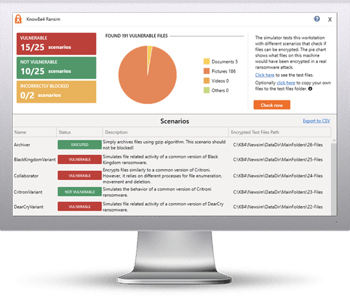“Being Annoying” as a Social Engineering Approach

Attackers are spamming multifactor authentication (MFA) prompts in an attempt to irritate users into approving the login, Ars Technica reports. Both criminal and nation-state actors are using this technique. Researchers at Mandiant observed the Russian state-sponsored actor Cozy Bear launching repeated MFA prompts until the user accepted the request.
Ars Technica quotes Mandiant’s researchers as saying, “Many MFA providers allow for users to accept a phone app push notification or to receive a phone call and press a key as a second factor. The [Nobelium] threat actor took advantage of this and issued multiple MFA requests to the end user’s legitimate device until the user accepted the authentication, allowing the threat actor to eventually gain access to the account.”
The Lapsus$ criminal hacking group is also making use of this method. A member of Lapsus$ said on the group’s Telegram channel the technique is particularly effective late at night.
“No limit is placed on the amount of calls that can be made,” the individual said. “Call the employee 100 times at 1 am while he is trying to sleep, and he will more than likely accept it. Once the employee accepts the initial call, you can access the MFA enrollment portal and enroll another device.”
Ars Technica notes that there are multiple variations to this approach.
- “Sending a bunch of MFA requests and hoping the target finally accepts one to make the noise stop.
- “Sending one or two prompts per day. This method often attracts less attention, but ‘there is still a good chance the target will accept the MFA request.’
- “Calling the target, pretending to be part of the company, and telling the target they need to send an MFA request as part of a company process.”
New-school security awareness training can teach your employees to follow security best practices so they can avoid falling for social engineering attacks.
Free Ransomware Simulator Tool
Threat actors are constantly coming out with new strains to evade detection. Is your network effective in blocking all of them when employees fall for social engineering attacks?
KnowBe4’s “RanSim” gives you a quick look at the effectiveness of your existing network protection. RanSim will simulate 22 ransomware infection scenarios and 1 cryptomining infection scenario and show you if a workstation is vulnerable.

Here’s how it works:
- 100% harmless simulation of real ransomware and cryptomining infections
- Does not use any of your own files
- Tests 23 types of infection scenarios
- Just download the install and run it
- Results in a few minutes!
PS: Don’t like to click on redirected buttons? Cut & Paste this link in your browser: https://info.knowbe4.com/ransomware-simulator-tool-partner?partnerid=001a000001lWEoJAAW

